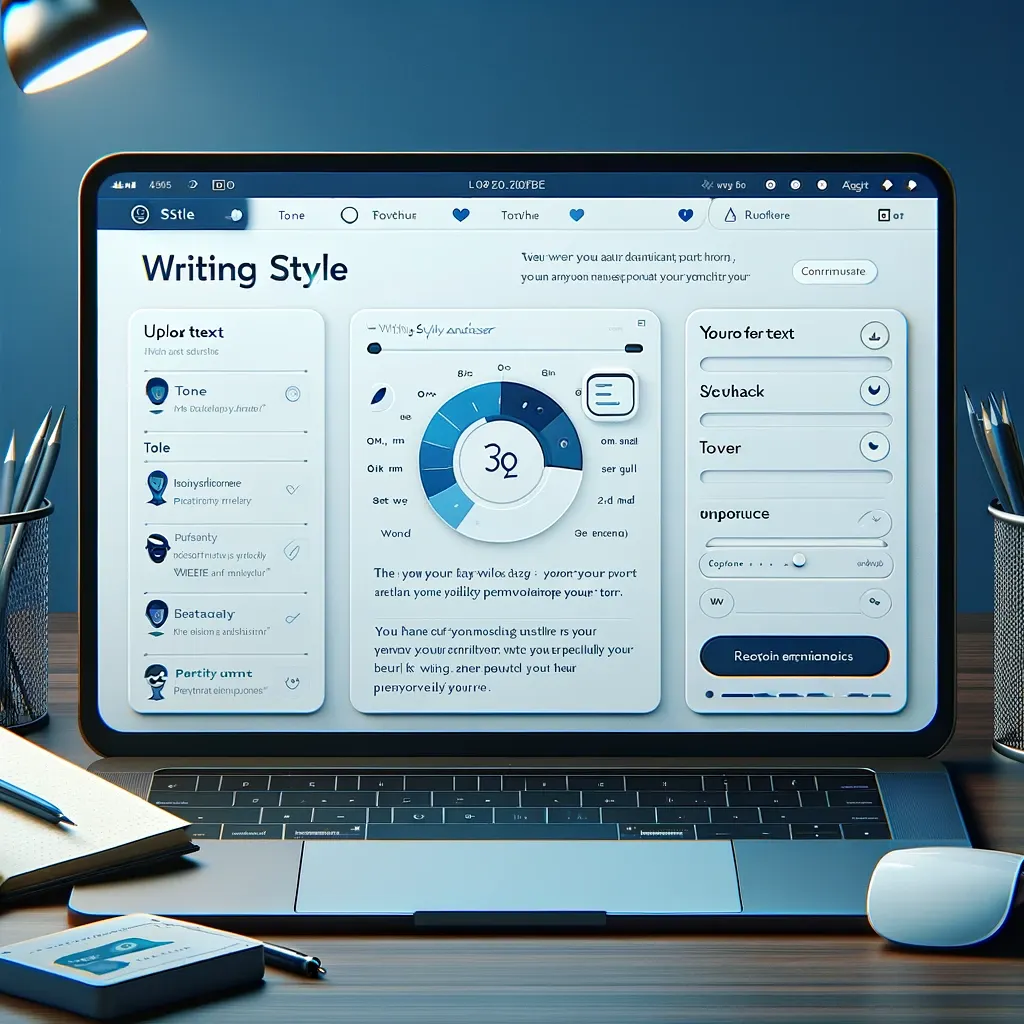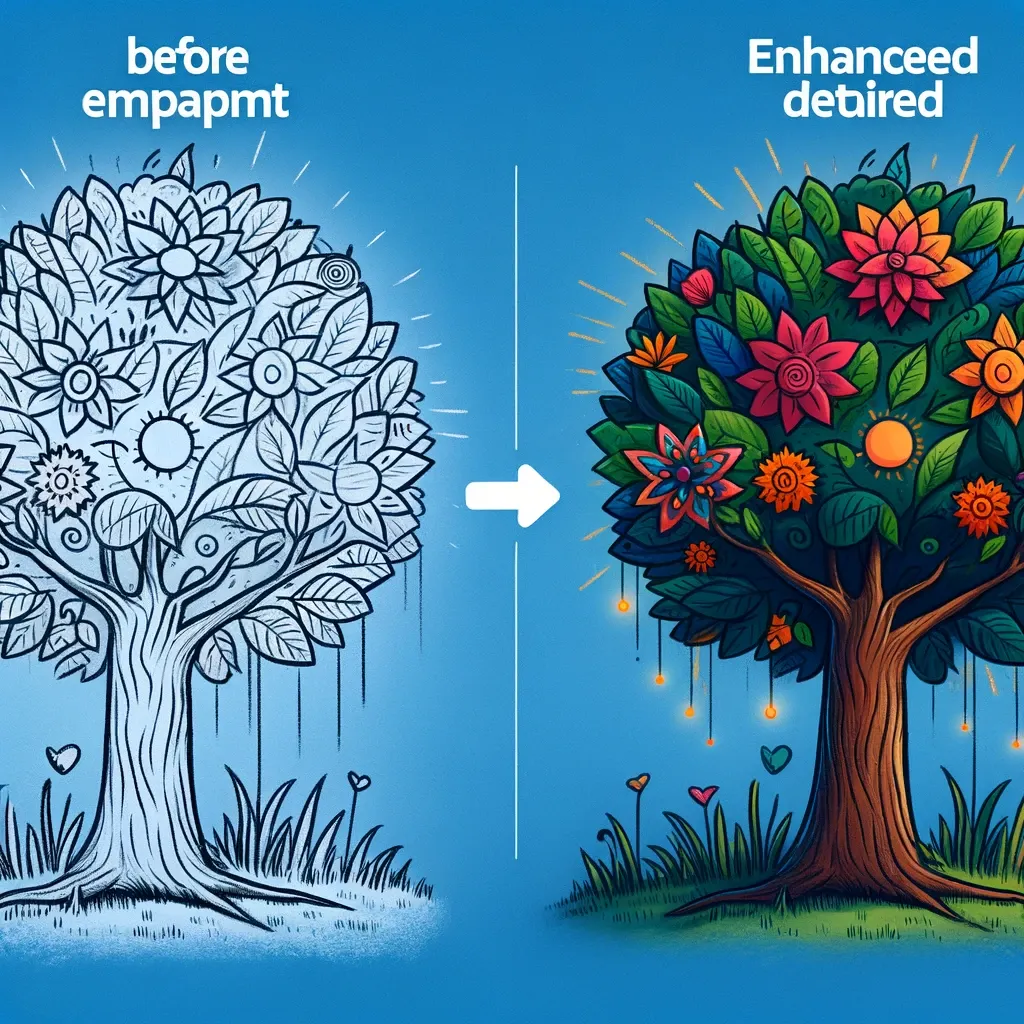What is the Ideal Blog Post Length for Ranking High on Search Engines?
When it comes to blogging, one of the most frequently asked questions revolves around length: what is the ideal blog post length for ranking high on search engines? While there's no one-size-fits-all answer, research suggests that longer, more comprehensive posts generally perform better in SEO rankings. However, the specifics can depend on your niche, audience, and intent. Let’s dive deeper into this subject to help you unlock the key to effective blogging.
1. Understanding the Importance of Length
Google favors quality content that thoroughly covers a topic. In recent years, studies have shown that the average length of content on the first page of search engine results often falls around 1,500 to 2,500 words. While shorter posts can still rank well, longer content tends to attract higher engagement, more shares, and often, even backlinks.
Imagine you’re writing about “content marketing strategies.” A post that dives deeply into subtopics like SEO, social media, and mailing lists doesn’t just offer more value—it gives the reader a comprehensive understanding. Which do you think might rank better: a 500-word update or a 2,000-word piece that thoroughly explores various angles?
2. Target Word Count: Aim for 1,500+ Words
For most blogging niches, aiming for at least 1,500 words is a solid benchmark. This allows for in-depth exploration of the topic, creating a piece that is informative and likely to keep readers on your page longer—an important factor that search engines consider.
Notably, longer content allows for natural inclusion of keywords and related phrases, enhancing SEO without sounding forced. A blog post titled “10 Essential Content Marketing Strategies for Entrepreneurs” could easily exceed 2,000 words when covering diverse strategies with detailed explanations.
3. Focus on Quality Over Quantity
While word count is crucial, it’s essential to remember that quality trumps quantity every time. A 2,000-word post filled with fluff or repeated information won't rank higher than a concise 1,200-word post that provides real value.
When crafting your blog, focus on producing well-researched and well-written content. Outline your post, ensuring it serves the reader's need for information in a clear and engaging manner.
4. Use Subheadings and Formatting
Longer posts should be well-structured for readability. Dividing your content into sections with proper subheadings not only helps keep the reader’s attention but also enhances SEO. Google rewards content that's easy to scan, so strategies such as bullet points, numbered lists, and tables for information help improve legibility.
For instance, if your post has multiple key points, organizing them under subheadings makes it easier for readers to digest the information. A structured post titled “How to Write the Perfect Blog Post” could include sections like “Understanding Your Audience,” “Crafting Compelling Headlines,” and “SEO Best Practices.”
5. Measuring User Engagement
Measuring user engagement can help you refine your strategies for blog post length. Are readers typically clicking away after a short time? Use analytics tools like Google Analytics to track behaviors, bounce rates, and average time spent on your blog.
If you notice that shorter posts perform poorly, it might be worth experimenting by creating longer, more comprehensive pieces. You could also A/B test different lengths and formats to determine what best resonates with your audience.
6. Consider Industry Standards
Different niches may require different lengths. For example, highly technical fields like finance or science may benefit from longer, more detailed posts, while lifestyle blogs may thrive on engaging but shorter content.
Keeping an eye on industry benchmarks can help guide your content length. There are tools available, such as SEMrush and Ahrefs, which can provide insights into top-ranking articles in your niche and their word counts.
7. Experiment and Adapt
Ultimately, the best way to find your ideal blog post length is to experiment. Write various lengths and see how they resonate with your audience. As trends evolve and search engine algorithms change, adapting to reader preferences is vital for success.
Conclusion
In summary, while aiming for a blog post length of 1,500 to 2,500 words is a good rule of thumb for SEO rankings, the ongoing quality of your content and engagement is what will decide your blog's true success. By focusing on providing substantial, valuable content, structuring your posts effectively, and continuously adapting based on your audience’s behaviors, you can enhance your blog's performance in search rankings.
Ready to optimize your blog post lengths for better rankings? Start experimenting with these insights today and share your results in the comments! Don’t forget to subscribe for more expert tips and strategies to elevate your blogging game!





























